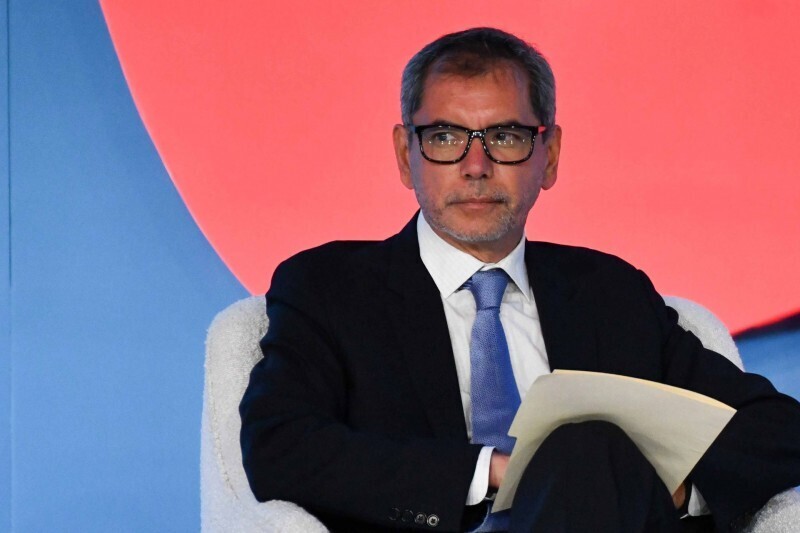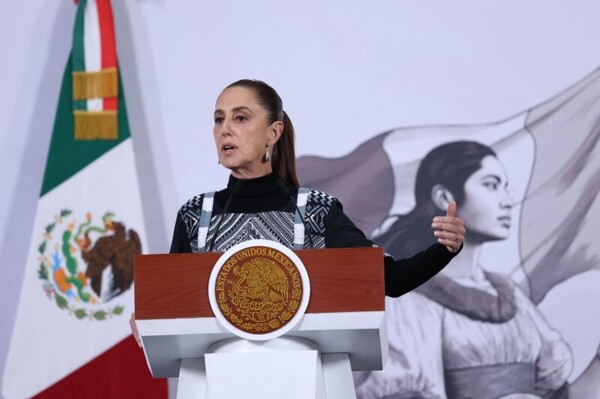
The government seeks to reduce interest rates, especially for small and medium-sized enterprises (SMEs), and has proposed a 1.5% decrease in loans to this sector. Banks derive the majority of their profits from interest, making them reluctant to lower rates. It is acknowledged that how each bank sets its rates is complex and independent, and they defend their autonomy in this regard.
The mayor of Mexico City, Claudia Sheinbaum, aims for banks to lower their interest rates amid the economic slowdown. An agreement is expected to be reached in the coming days, although it may not be immediate or substantial. In a context of uncertainty, the 88th Banking Convention will take place, where the potential reduction of interest rates for SMEs will be discussed.
Trade tensions with the United States, Donald Trump's policies, and elections in the Judiciary create an atmosphere of uncertainty in the banking sector. Banks are expected to present a counterproposal and decide on a rate cut. A reduction in the central bank's reference rate is also anticipated throughout the year. There are questions about Sheinbaum's economic team, which adds uncertainty to the outlook.
The arrival of Edgar Amador Zamora at the Ministry of Finance is considered temporary, and he is expected to be succeeded by Luz Elena González in the future. The lack of key appointments in the financial sector, including regulators and commissions, raises doubts. The expectation in the banking sector is to obtain clear signals of the upcoming actions to be taken in order to negotiate effectively. High interest rates negatively impact family consumption, especially for SMEs, which have diverse and complicated needs to address.














